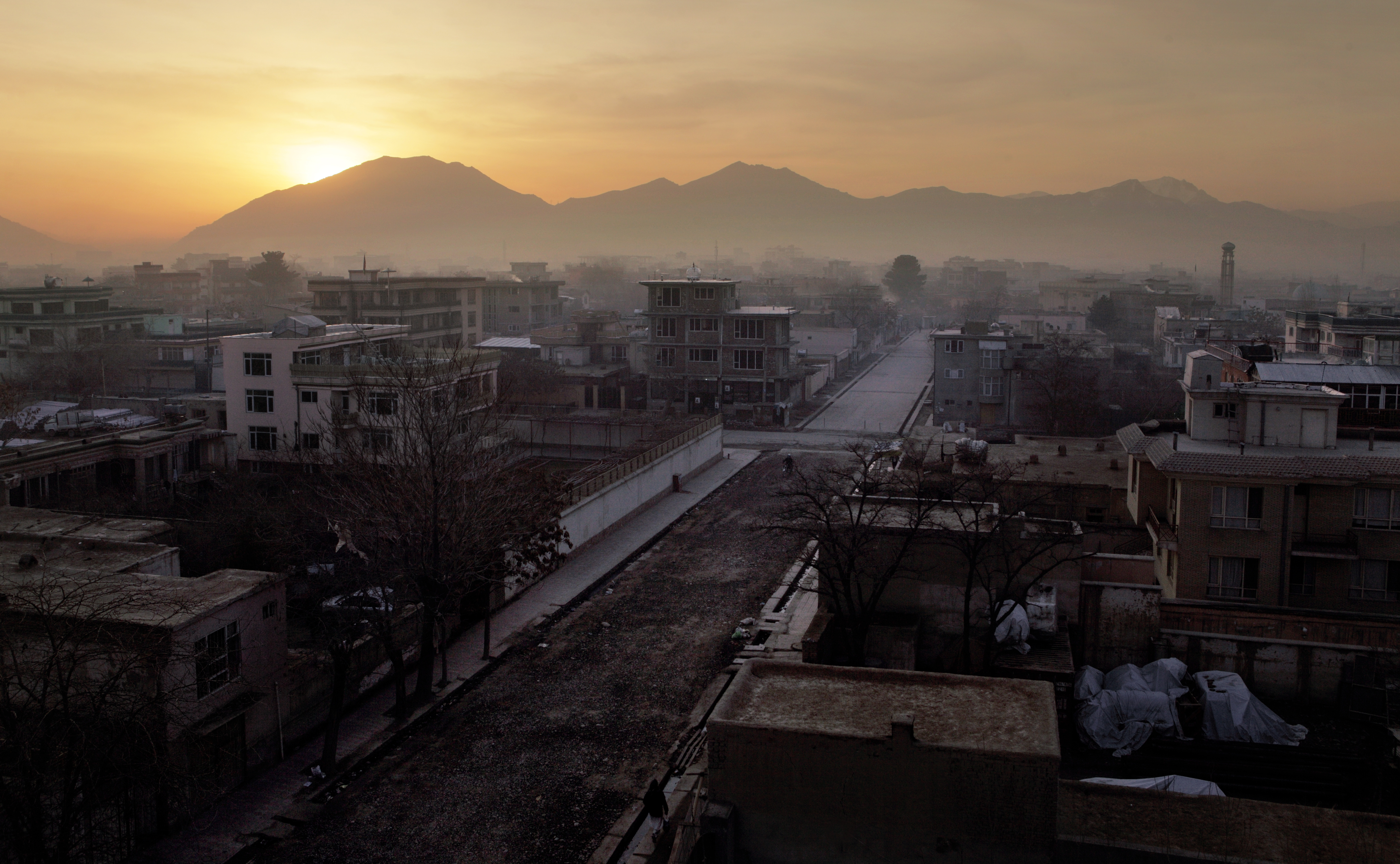The Diplomat
Author: Muhammad Akbar Notezai
19 July 2021
Select excerpt from August 2021: SHIELDWatch Newsletter
https://thediplomat.com/2021/07/chaos-in-afghanistan-threatens-cpec/
The 100-year history of the border between Afghanistan and Pakistan – beginning with the establishment of the Durand Line – has inextricably linked the two countries. As the People’s Republic of China’s South Asian Belt & Road Initiative effort expands, its flagship branch, China Pakistan Economic Corridor (CPEC), has the threat of regional instability hanging over it. Separatists from Balochistan have attacked CPEC projects and, in early 2021, the Pakistani Taliban conducted an attack on a location where the Chinese Ambassador was staying. The further destabilization of the CPEC zone after the US withdrawal and Taliban takeover of Afghanistan puts the entire project at risk.




